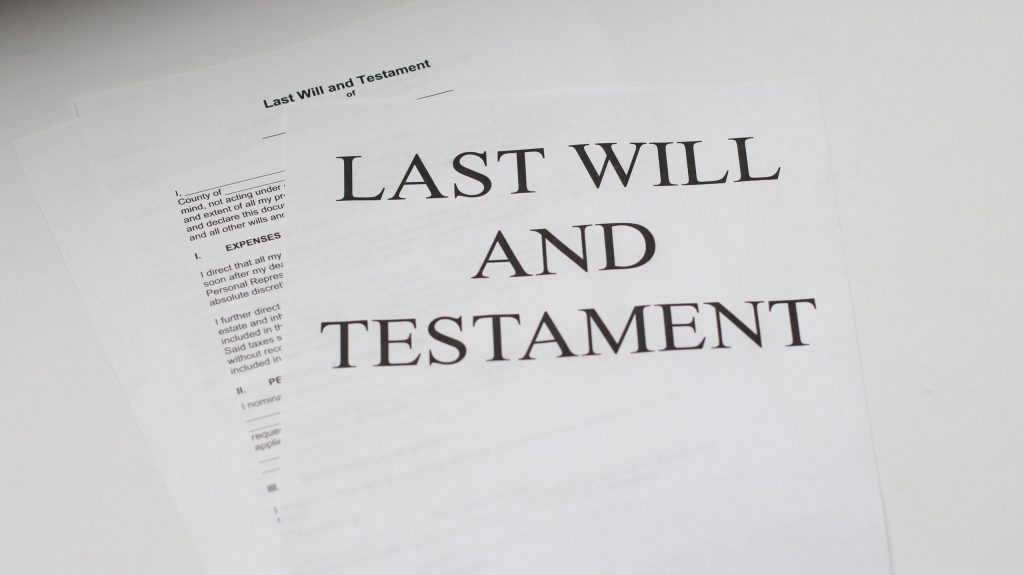A will is known as “Last Will and Testament” basically because it is your last. As soon as you write a new will, sign it in front of two witnesses and date it, it becomes your Last Will and Testament. It overrides any other will you may have. Your will is automatically revoked if you marry or remarry. And in Malaysia if you convert to Islam it is automatically revoked as well.
You may appoint any adult, 18 years or older to be your executor. You can also appoint up to 4 executors to jointly administer your estate. Your executor can also be your beneficiaries. For example if you are leaving all your assets to your spouse and children, then you may name your spouse as the executor.
What does the executor do? Basically the role of the executor is to ensure the wishes in your will is followed through. This includes:
- Locating your will
- Applying for a grant of probate
- Inventory of your assets
- Paying off any debts
- Distribution of assets per your will
- Prepare a statement of account
What happens if you miss out certain assets? Not to worry, your will should include a residuary clause which deals with distribution of asset not mention in the will.
People have asked if a will can be challenged. It may be challenged in court on the grounds that it may have been altered, you were not of sound mind when you made the will or it was not witnessed. So it is important to ensure your will is witnessed and signed and a copy be given to your executor.
As far as witnesses are concerned, they can be any adult you chose as long as they are not a beneficiary of your will. Stamping and registration of a will is not required under Wills Act 1959.



Good to know that a new will cancels out the old ones. No confusion there.
marriage revoking a will? That’s news to me. Better update mine then
The executor’s job is no joke. Choosing the right person is crucial.
That residuary clause seems like a safety net. Smart to have that in a will